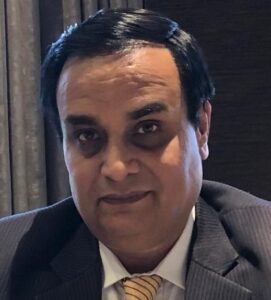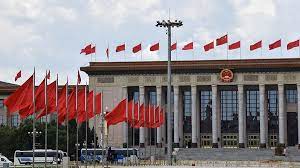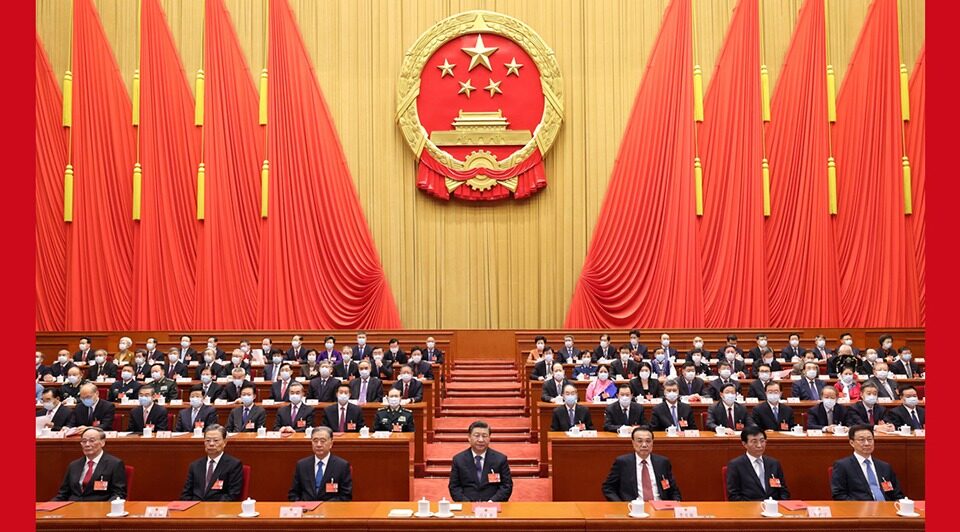
By: Dr Mehmood Ul Hassan Khan
In the People’s Republic of China, 2 Sessions holds a strategic position which also vividly reflects its highest levels of good governance. As every democratic country, China’s whole process political system, the biggest in the world represents all norms of modern human civilization and traits of advanced democracy which is commendable.
The “2 Sessions” will be held on March 4-5 2024 during which critical analysis of its macro-economy, economic growth, economic achievements, financial management, fiscal and monetary targets and overall performance of its good governance during 2023 will be thoroughly discussed.
Additionally, GDP, GNP, fiscal & monetary and other important economic targets of 2024 along with “new productive forces” for its achievements will also be announced. Thus 2 Sessions will announce and institutionalize new productive forces in its national economy. Simply, it will mainly focus on forming new productive forces, which aims to use scientific and technological innovation to drive productivity.
It is good omen that despite the Western narrative of so-called “China Collapse Theory”, China’s economy remained stable, sustainable and resilient and achieved GDP of over 126 trillion yuan ($17.51 trillion) and growth rate of 5.2 percent.
The 2 Sessions will showcase its “economic structural transformation”, “green” and low-carbon elements, new growth drivers, and social development improvements.
It seems that during the upcoming two sessions, China is expected to announce this year’s targets for GDP growth, as well as consumer prices, employment and other economic parameters. It is estimated that China’s 2024 economic growth target may be set at about 5 percent.
Evidently, western think tanks, NGOs and media outlets hype the “confidence collapse theory” or “peak theory” about China’s economic development has no substance, these are untrue, false and fake propaganda. Truly, Chinese government’s policy-making is unique and holistic. Unlike Western countries’ macroeconomic policies, China’s policy goals are diverse, including economic, social and political objectives.
Chinese economy has new driving forces in terms of new-energy vehicles and artificial intelligence applications. The process of making electric vehicles (EVs) smarter and qualitative industrialization, AI, digitalization, modernization, green transformation, SMEs, and introduction of hybrid technologies will also be announced during the upcoming 2 Sessions.
It is suggested that policy makers of China should
introduce more targeted, integrated, applicable and precise stimulus plans to boost its macro-economy.
There is an urgent need to pursue sci-tech breakthroughs and develop new productive forces, as the economy undergoes a profound transformation and faces a deteriorating external environment marked by the US’ relentless campaign to contain China’s economic and technological rise and hopefully during 2 Sessions all these policies will be discussed and drafted.
It is suggested that the proactive fiscal policy effectiveness should be further strengthened and improved. The prudent monetary policy should be flexible, moderate, precise and effective.
It is also suggested that the construction of a modern industrial system should be accelerated and the development of new productive forces should be pursued.
China must holistically and comprehensively deepen its reforms, expand high-level opening-up, and promote urban-rural integration and coordinated development among its different regions.
Last but not least, China should also advance low-carbon development, strengthen and innovate in social governance and strive to achieve the country’s annual economic and social development goals.
(Writer is Executive Director at The Center for South & International Studies (CSAIS) Islamabad,
Director of Global Development & Connectivity Institute, Islamabad, Regional Expert on China, CPEC & BRI)


